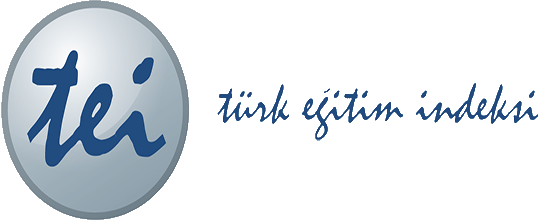INTERNET OF THINGS: NEW DIRECTIONS OF LEGISLATION MODERNIZATION
DOI:
https://doi.org/10.32689/2617-9660-2020-6(12)-159-166Keywords:
Internet of Things, human rights, personal data, legal regulation, law, precedent, actors.Abstract
In the context of global expansion by the Internet of Things, the problem of improper legal regulation of this issue is very acute. The lack of unified standards and certification protocols for IP users and developers becomes the basis for the perpetration of offences by dishonest actors in the Internet of Things market. The article analyzes legal precedents, examines foreign experience in the legal regulation of IP and presents certain conclusions and proposals for possible modernization of the legislature in accordance with modern requirements. In particular, the issues of confidentiality of personal data, balance between the interests, restriction of the rights of the owner of IP devices and liability issues of IP actors were studied. The authors emphasize that a potential legal act should be of an international nature, direct its action to protect the rights of Internet of things users and take into account the conflicting nature of international private law at the same time. The importance and necessity of concentrating the efforts of the main actors of the IP market and legislators to create an act that would strengthen current situations, meet modern requirements and take into account the interests of Internet of Things users and determine their legal status. In addition, it is stated that the overbearing influence of public authorities on IP entities should not be aimed at limiting innovation and inhibiting the development of technology. The authors emphasize that a potential legal act should be temporal in nature and subject to broad interpretation under the impossibility of predicting trends in technological development and rapid response to them. It is observed that even if the relevant act is adopted, it will still be necessary to ensure a timely response to the innovation feature and constant changes in the field of information technology, which are becoming more widespread every day. The conclusion on the nature and form of a potential legal act is made.
References
Баранов О. А. Інтернет речей і штучний інтелект: витоки проблеми правового регулювання. ІТ-право: проблеми та перспективи розвитку в Україні: збірник матеріалів ІІ-ї Міжнародної науково-практичної конференції. Львів: НУ «Львівська політехніка». 2017. С. 18-42.
C. P. Chike. The Legal Challenges of Internet of Things. 2017. URL: https://www. researchgate.net/publication/322628457
The official website of the Federal Trade Commission. URL: https://www.ftc. gov/news-events/press-releases/2019/09/ google-youtube-will-pay-record-170-million- alleged-violations
Justice Information Sharing. URL: https://it.ojp.gov/PrivacyLiberty/authorities/ statutes/1285
A. Robertson. California just became the first state with an Internet of Things cybersecurity law. 2018. URL: https:// www.theverge.com/2018/9/28/17874768/ california-iot-smart-device-cybersecurity- bill-sb-327-signed-law
A. O`Driscoll. 5 core principles of fair information practices. Comparitech blog. 2017.










